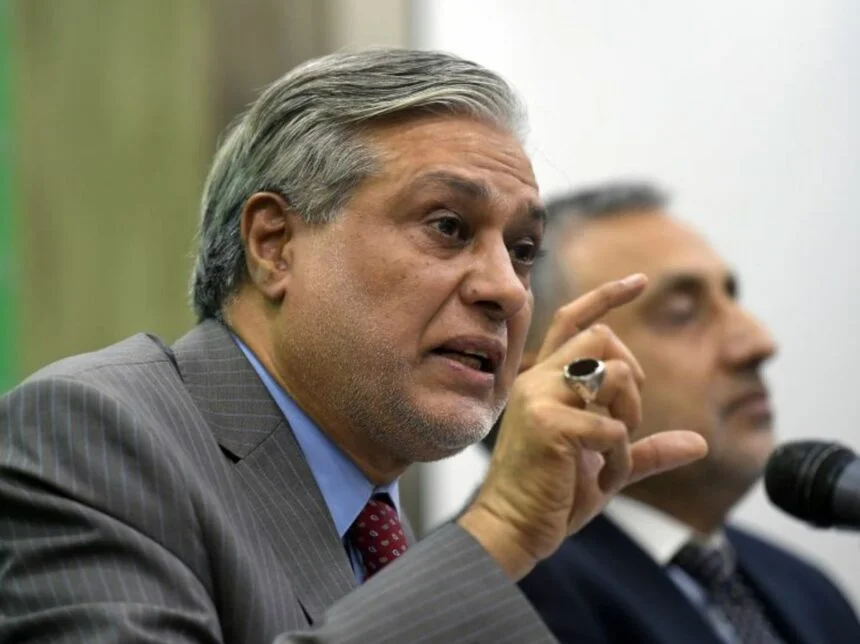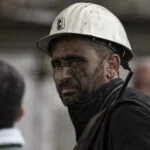In an interview, Ishaq Dar rejects debt default, a postponement of the December bond maturity date, and renegotiation of the present IMF program.
According to the minister, international donors and multilateral development banks have been “quite flexible” in finding ways to cover the country’s projected $32 billion in external financial needs following severe floods.
He said that some of this might come from repurposing money from development loans that had already been granted but were paying out more slowly.
Just over two weeks after entering office, Dar, who is attending the IMF and World Bank annual meetings, stated that Pakistan will pursue restructuring on similar terms for all bilateral creditors.
As asked if he felt it would be difficult to convince China, the creditor for around $23 billion of the loan, to participate, he declined to respond.
But when asked if Pakistan would try to lower the debt’s principal, he responded “rescheduling is fine, but we are not seeking a haircut. That’s not fair “.
Dar responded, “We have discussed all options,” when asked if he had brought up the prospect of middle-income nations lending from the IMF’s new Resilience and Sustainable Trust.
The country, which has experienced terrible flooding and may need to import up to 500,000 tonnes of wheat for the next year, may benefit from the IMF’s new emergency “food shock” borrowing window, the minister continued. ”In this scenario, we have the possibility to approach and accessing this facility,” he stated.
International lenders will be kept accountable for economic reforms, the finance minister vowed. He also mentioned that a flood donors’ conference promised by French President Emmanuel Macron would take place the following month and that he hoped it would support Pakistan’s short- and long-term needs.
The IMF delivered $1.1 billion to Pakistan in late August as part of a $6 billion deal agreed upon in 2019 as the new administration of Prime Minister Shehbaz Sharif advanced reforms.
Dar acknowledged the political risks, noting that some of his allies have suggested letting Imran Khan serve out the remainder of the economic crisis by staying in office longer. “It would have been selfish to have a political approach.”
According to a recent study, which was partially funded by the World Bank and the Asian Development Bank, Pakistan suffered losses from floods totaling $32.4 billion and will need $16.2 billion for restoration and rehabilitation.
To decide how to distribute funds, he stated, “With that challenge, obviously, we have to go to the drawing board.”












